The Cross’ Promise of Resurrection
1 Cor 15
Break Bread
Enjoy the company of each other. Eat together with gratitude. If possible and/or if no food, take communion together. Ask highs and lows of the week.
Worship (Worship through Thanksgiving)
Transition to a space friendly for deep engagement.
We are going to start a time of worship. Psalm 100 says to enter his courts with Thanksgiving. Let's host God's presence by starting our time by saying short prayers of Thanksgiving together, one at a time. It it can be as simple as thank you for food. let the spirit guide your mind and heart in the practice of Thanksgiving. I will start and then we can go around
_Thank you Jesus for today Thank you for this house we can meet at …and on
End the time with “Amen”
Have One Person Read this Background Aloud
Paul argues that the resurrection of Jesus is a historical fact, supported by evidence that even non-religious scholars find credible. This event explains the rapid growth of Christianity. Beyond the historical evidence, Paul emphasizes the personal relevance of the resurrection in his letters. He discusses how it impacts various aspects of life such as culture, personal relationships, money, and spiritual practices. Ultimately, Paul connects the historical facts to their deep personal and contemporary significance, explaining why the resurrection still matters to us today.
[Prayer]
Reading
Go in a circle and read the passage taking it a few verses at a time
1 Cor.14:22-40
Afterwards, leave 30-60 seconds for silent reflection on the reading
Do this Practice Tonight
Go around and try to summarize what is going on in the passage.
Discuss any of the Following Questions (or add your own!)
What word or phrase or idea in the passage caught your attention?
Despite the abundance of historical evidence of Jesus’ resurrection, for us his resurrection as a fact doesn’t matter until it became a reality in our lives. What did you see change in the lives of the disciples after they witnessed the resurrection? In what way should the resurrection radically change our own lives?
example answer: The disciples went from disbelief to complete belief. They went from denying Jesus and running away from him to being willing to be flogged and even crucified for him (Peter). His resurrection seemed to confirm everything Jesus says and that sparked an incomparable boldness. While I did not witness with my own eyes the historical resurrection, the evidence of his life in me confirms his resurrection. I want to be more bold living for Jesus.
3. 1 Corinthians 15 says “if Jesus has not been raised then your faith is futile…”. The centrality of our faith is based on the literal resurrection of Jesus. Living in a culture that finds resurrection preposterous, how do you reconcile your faith while living with those in disbelief?
example answer: It isn’t easy. But I have confidence in God’s ability to give life so resurrection is not out of realm of possibility. It’s okay that I get made fun of.
4. The entirety of 1 Corinthians flies so much in the face of the culture both in LA and in the west. What’s a big counter cultural lesson you’ve picked up from our study in Corinthians?
example answer: Our culture is obsessed with self. I am seeing I think about myself more than I think about God or others.
5. What is God saying to us through this passage? 6. Is there an action I feel called to take this week?
Suggestions for Practices for the Week
Journal at the start of the day with the prompts:
“What does it mean to live with the reality of Jesus’ resurrection?”
“How much do I treat Jesus as a far off historical figure vs someone who’s alive in me through the Holy Spirit?”
Leaving Together
Say goodbye Stand at the door with a blessing and a hug
